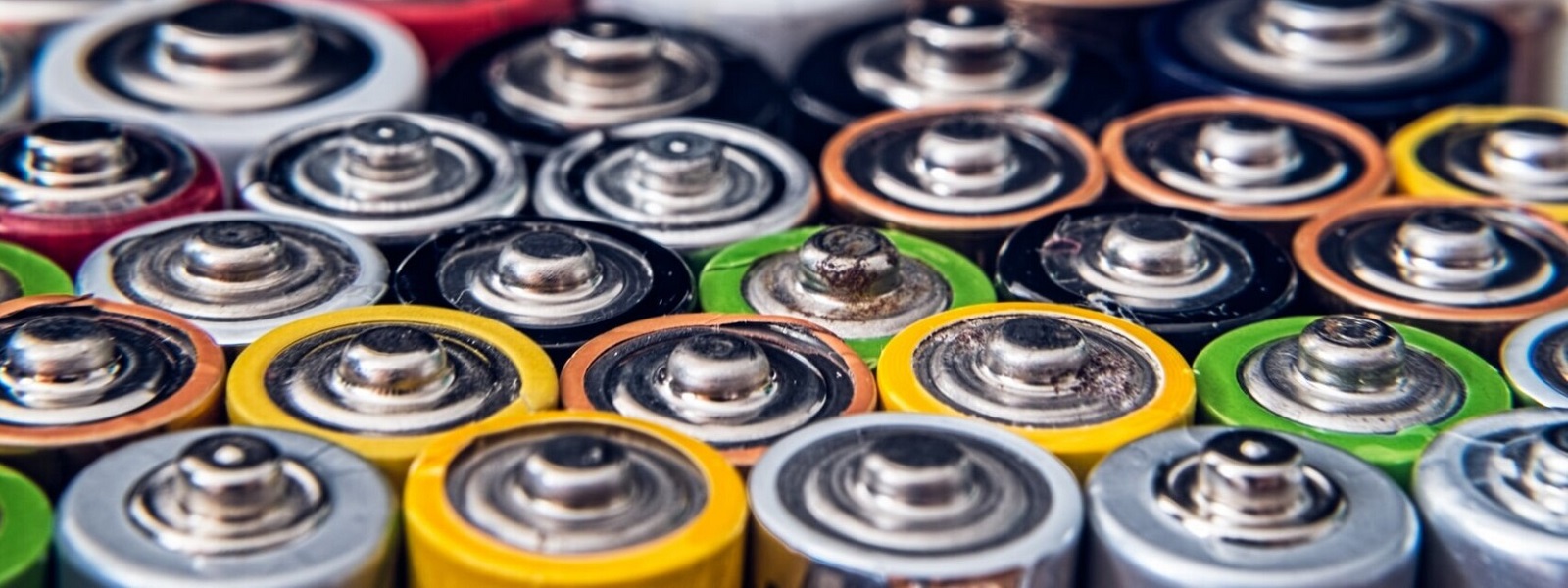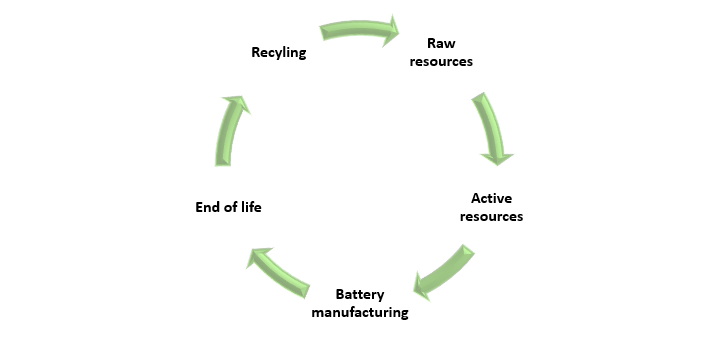Transport is currently the main source of greenhouse gas emissions in the UK, major reductions are required to reduce emissions in the aim of achieving Net Zero by 2050. To meet the government’s aim of moving towards a circular economy, reusing resources (minimising waste and promoting resource efficiency) the infrastructure for managing lithium-ion batteries when they are removed from electric vehicles must be developed. As electric cars continue growing in popularity, there is eventually going to be vast amounts of lithium ion with an end-of-life dilemma. If no suitable solution is found, there would be a significant negative impact on the environment and respective resources.
This project aims to identify all the materials contained in lithium-ion batteries and determine the process of reuse / recycling to use at the end of their first life and so enhance the overall efficiency of the raw materials supply chain
Some of our objectives for this project include:
- Developing an understanding to safely and efficiently disassemble a whole battery.
- Developing creative ideas for other lithium-ion battery uses when they are no longer suitable for electric vehicles.
- Investigating factors that could be obstacles for reuse of materials such as grain boundaries, defects, coatings.
- Developing an understanding of how to reduce environmental impact by minimising the use of chemicals.

